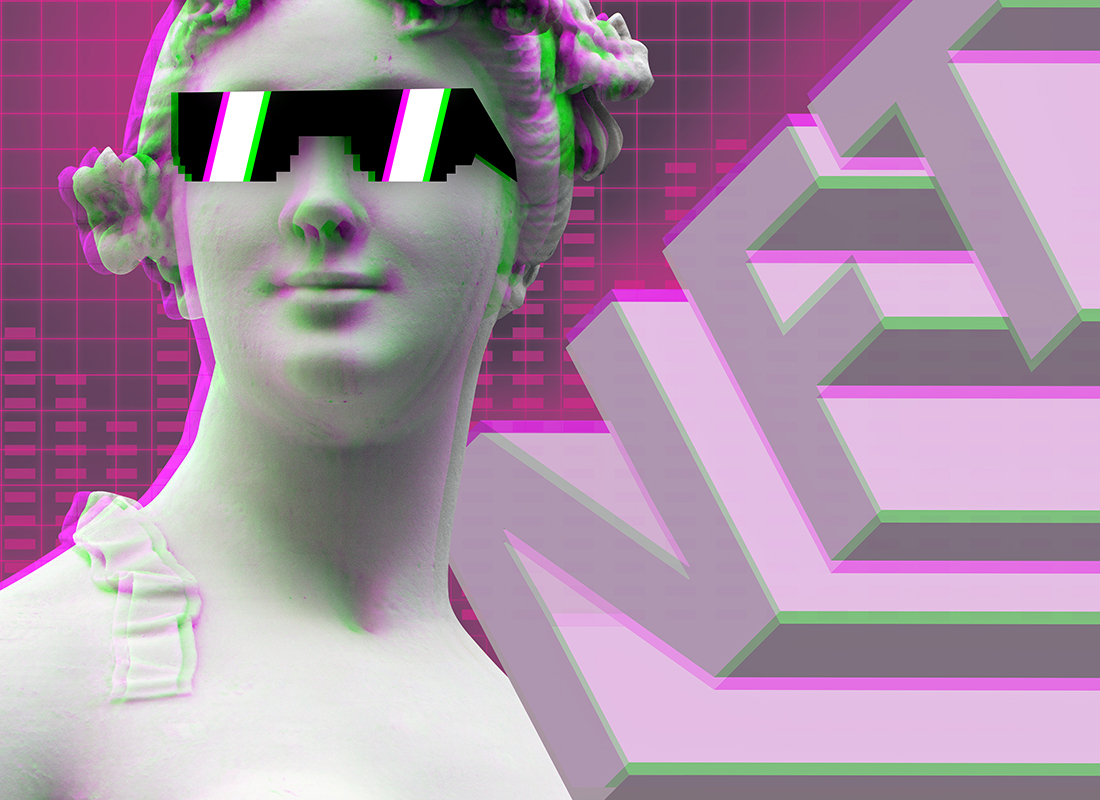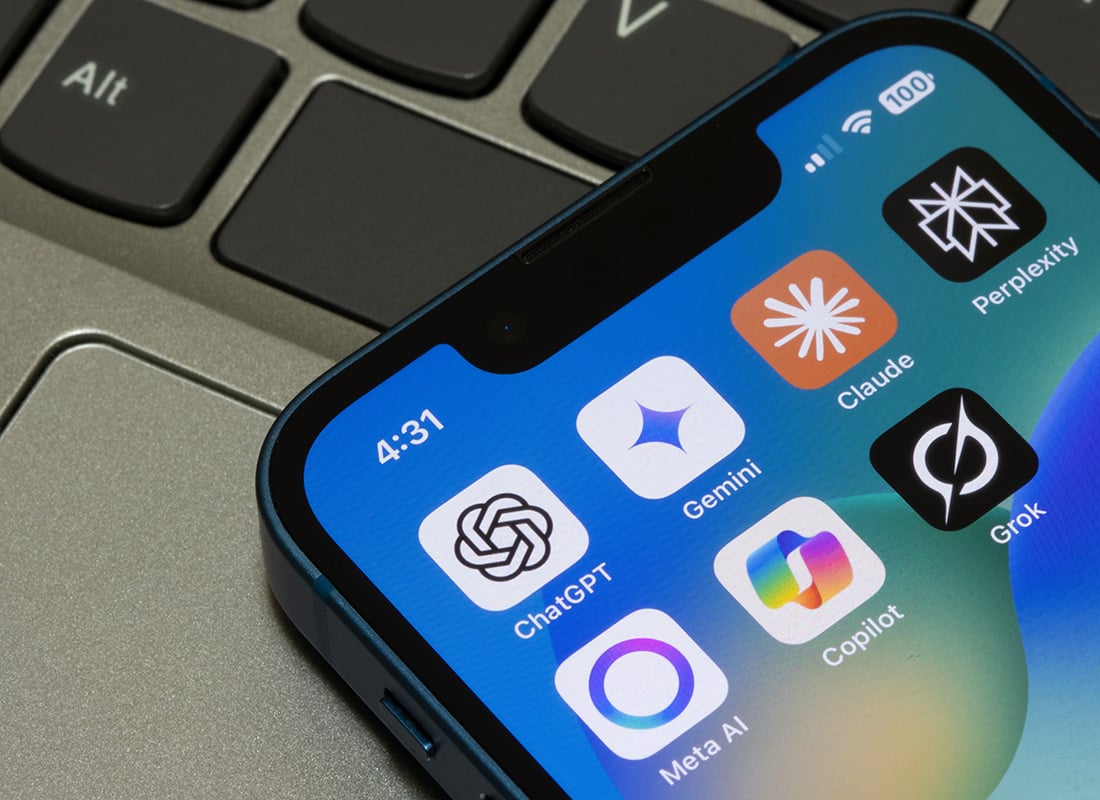NFTs - what are they, why are people are snapping them up and are they here to stay? Kieran Marriott, an associate member of BCS, The Chartered Institute for IT and a QA engineer at Student Beans explains...
Definition: A non-fungible token (NFT) is a non-interchangeable unit of data stored on a blockchain, a form of digital ledger, that can be sold and traded.
NFTs by definition are non-fungible. Essentially this means you can have two identical items, but each has a different value. An analogy would be pets - you wouldn’t want to exchange your dog for another dog of the same breed, because your own dog will have its own traits and history related to you.
NFTs are just tokenised forms of these items, created digitally and stored on the blockchain (public ledger). So an NFT can be anything digital - whether that be art, videos, land deeds, car ownership etc.
Digital signatures
This is where digital signatures come in. These can be attached to the item itself and prove who originally owned it. This works in a similar way to a physical signature, but with the added benefit of being extremely difficult to create a forgery.
Specifically, it has this property due to the impractically large computational effort to replicate the private key of the user who created the original digital signature.
The signature and item can then be uploaded to the blockchain, which is a public database (of ownership, in this case.) Once on the blockchain, users can then see and verify the NFT you have uploaded meaning you can do things such as sell it on an online marketplace.
Value proposition
As humans we have the innate desire to collect things, even if they seem to have no use case. This is why over the course of the pandemic people have scrambled online to dabble in cryptocurrencies and NFTs to satiate that desire to collect from the safety of their own homes.
For you
Be part of something bigger, join BCS, The Chartered Institute for IT.
The value proposition for NFTs are where they originally came from, a piece of artwork from a popular artist is worth more compared to an identical copy just because it’s human nature to want the original.
Even physical collectors’ items have seen huge growth over the pandemic. An example I’ve seen personally are trading card prices skyrocketing on online marketplaces.
Just like the technology of blockchain itself, its value is very speculative right now, so without a crystal ball, no one really knows what their value in the future.
Proof of ownership
Personally, I see real utility in digitising things like house ownership, driver’s licenses and degree certificates as they will provide solid proof of ownership, cutting down on forgeries and easily resolving ownership disputes.
The current climate of digital art in the NFT space may seem nonsensical and arbitrary, but human history shows that even though it might not make sense, we still like to collect and own items with no utility at all and this seems to have translated over to the digital world.

















